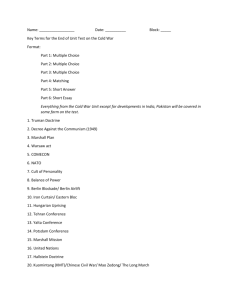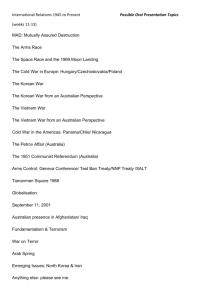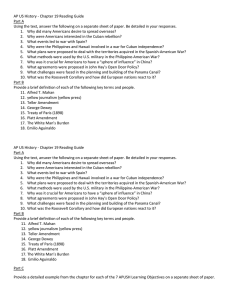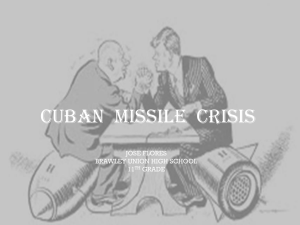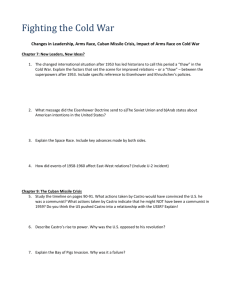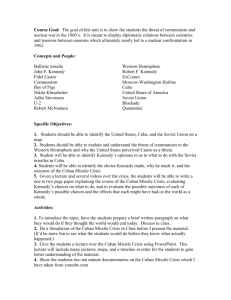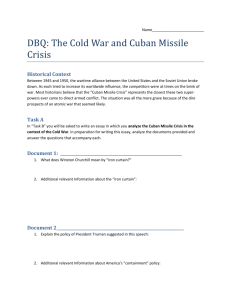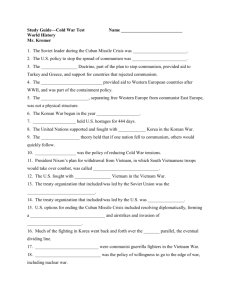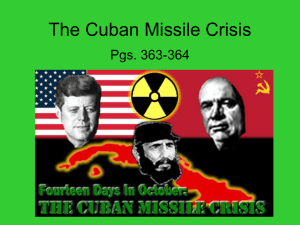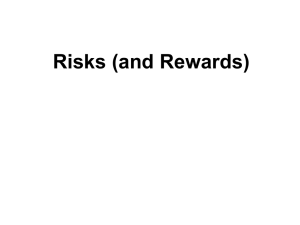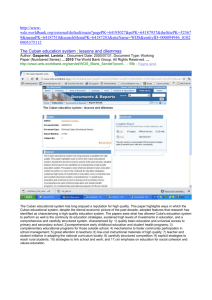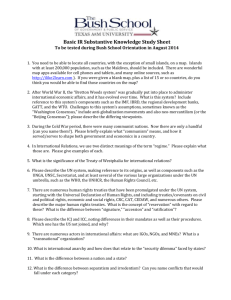Activity Card Cut Outs
advertisement
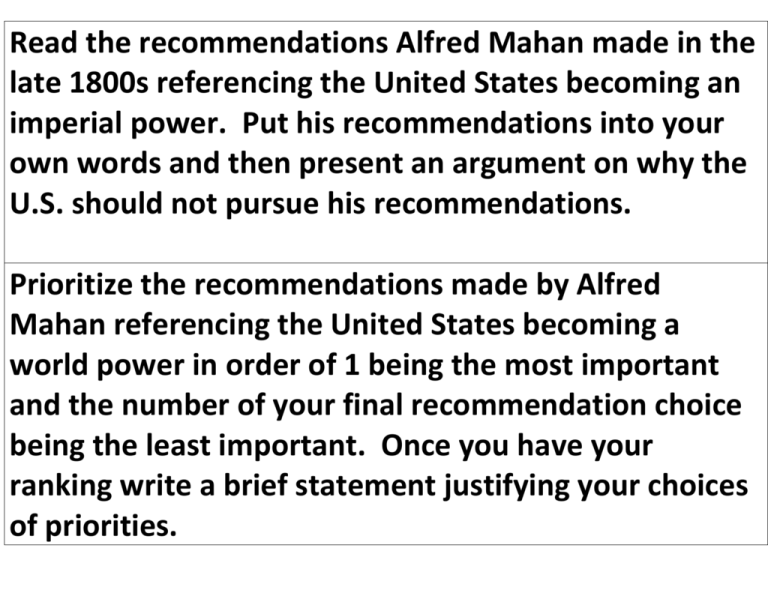
Read the recommendations Alfred Mahan made in the late 1800s referencing the United States becoming an imperial power. Put his recommendations into your own words and then present an argument on why the U.S. should not pursue his recommendations. Prioritize the recommendations made by Alfred Mahan referencing the United States becoming a world power in order of 1 being the most important and the number of your final recommendation choice being the least important. Once you have your ranking write a brief statement justifying your choices of priorities. Research a current position that the U.S. has taken in regards to a global interaction and interdependence. Tell what would happened if the U.S. applied Mahan’s recommendations to current international planning. Outline the procedural flow of how a bill becomes a law. Describe the significance of the process in terms of checks and balances and separation of powers. Research a current issue and come up with your own proposal for a law in regards to that issue. Using a flow chart map out this proposal from birth to either a successful or unsuccessful outcome. Compare the Communications Act of 1834 and Executive Order 9066 and make an assessment about the effectiveness of checks and balances system and the separation of powers as applied to both. Write an essay on how the economic prosperity of the 1920s was actually a contributing factor to the economic depression of the 1930s. Use information from 5 different primary source documents to write an essay on how the depression of the 1930s resulted from the economic prosperity of the 1920s. Write a proposal in hindsight outlining how the nation can correct/fix its economic recession in October 1928 to prevent the Stock Market Crash of October 1929. Develop a storyboard outlining the events of the Cuban Missile Crisis. Use the storyboard to emphasize actions that could have prevented the event altogether. Analyze evidence from declassified documents of the Departments of State and Defense to determine if the political decisions of both U.S. and Cuba played a role in leading to the Cuban Missile Crisis. Use information from your analysis to propose a reasonable argument for how the Crisis could have been avoided. Be prepared to articulate your findings and your argument in a seminar setting. The Prospect Theory predicts that when individuals perceive themselves to be experiencing losses at the time they make a decision, and when their probability estimates associated with their principal policy options are in the moderate to high range, they will tend to make excessively risky, non–value maximizing choices. Use the Prospect Theory to analyze the Cuban Missile Crisis to determine if the evidence for the Cuban Missile Crisis supports this prediction for the most important decisions made by both Khrushchev and Kennedy.
